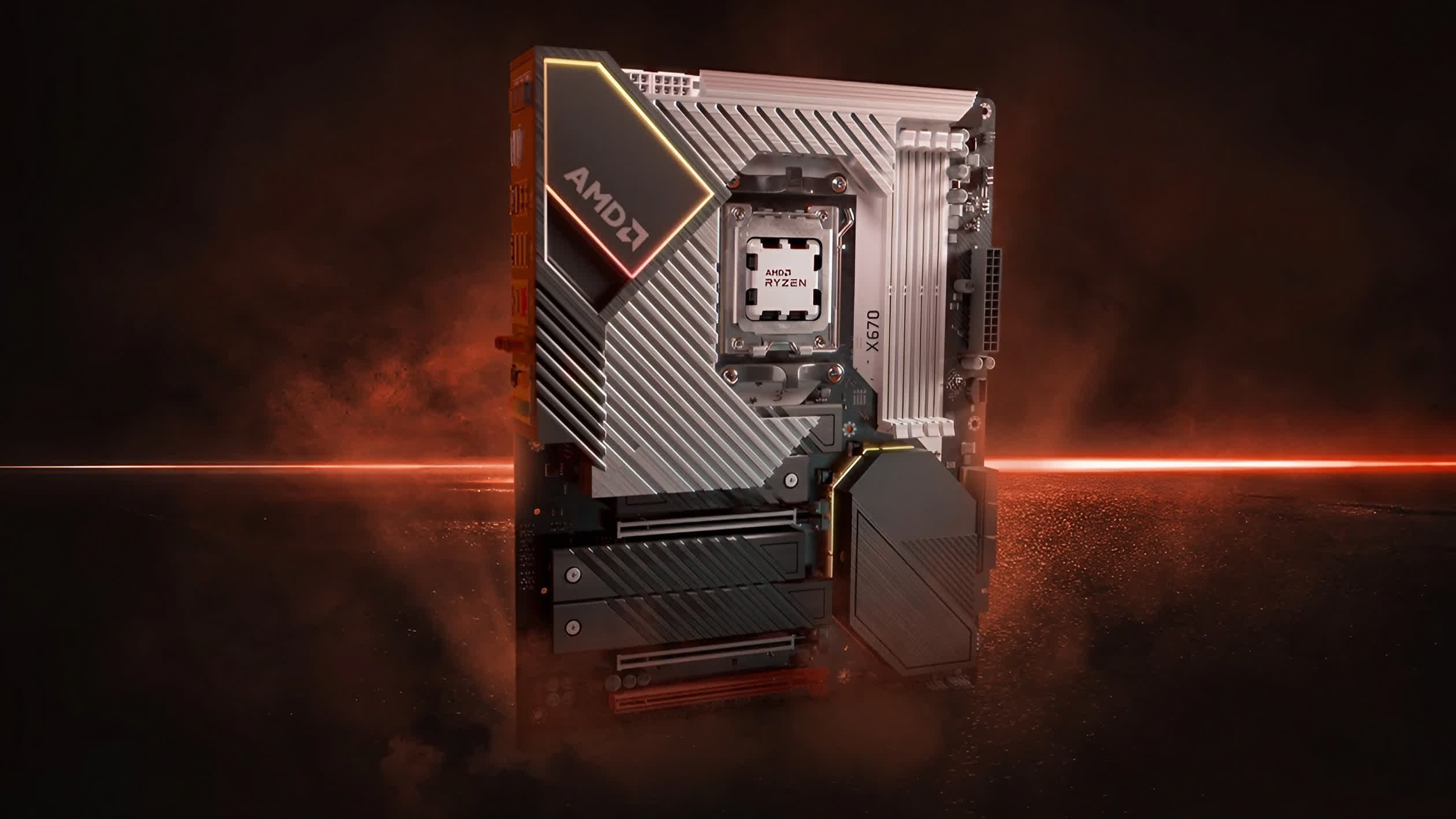The big picture: For those looking to build an AM5 system with longevity in mind, the reports that Zen 6 "Medusa" retaining socket compatibility are an encouraging sign. While the launch is still quite distant and details could certainly shift in the next couple of years, current rumors indicate that AMD plans to wring plenty of architectural advances out of the AM5 platform before moving on.
AMD's next-next-gen Ryzen desktop processors, codenamed "Medusa," will be compatible with the existing AM5 socket – if the latest rumors are to be believed.
The scoop comes from generally reliable leaker Kepler_L2, who has a solid track record when it comes to AMD hardware rumors. They claim that while Zen 6 "Medusa" CPUs will support the AM5 platform, their launch is still over a year away at the earliest – likely sometime in late 2026 or potentially even early 2027.
Yep
– Kepler (@Kepler_L2) November 6, 2024
AMD publicly committing to AM5 socket compatibility for Zen 6 isn't exactly shocking news. The chipmaker has previously stated that AM5 will be supported through 2027 and beyond. There is precedent, too: the company launched three microarchitectures on the AM4 platform before requiring a socket swap. But it's still reassuring to hear that Team Red PC owners won't require an all-new motherboard platform anytime soon to upgrade.
That said, don't expect Zen 6 to be a minor, iterative update over Zen 4 or Zen 5. With a new microarchitecture and potentially a shift to 3nm process tech, AMD likely has plenty of improvements and new features lined up to leverage the longevity of the AM5 socket.
In fact, AMD may have to update the current 6nm I/O die just to implement significant architectural changes for Zen 6, even if the physical AM5 socket remains untouched. The PC community certainly has big hopes since the Ryzen 9000 chips have largely underwhelmed buyers, with the Ryzen 7 9800X3D being the exception.
While Zen 6 is still a way off, competition in the x86 space will be heating up by the time it arrives. Intel is expected to launch Arrow Lake-S on the LGA 1851 socket in the interim, before potentially debuting its Panther Lake architecture on that same socket platform sometime in 2025 or 2026.
